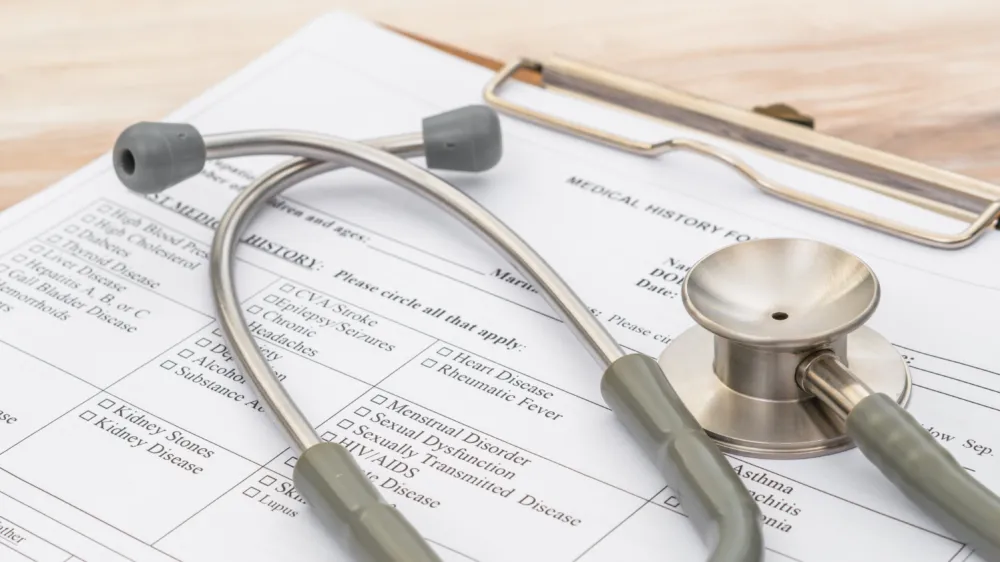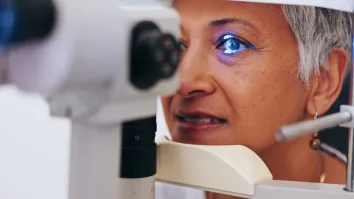
Four ways HK hospitals can become an ‘innovation pathway’ in the GBA market
Hospital executives cite partnerships, cultural understanding, tech support, and expanded footprint as key strategies to success.
From x-ray machines to medical robots, the Greater Bay Area (GBA) continues to enhance healthcare technology and it could present a promising hub for Hong Kong hospitals.
Taking center stage at the recent Asian Global Health Summit (ASGH), Professor Max Meng, chief scientist of Yuanhua Robotics, highlighted how Hong Kong-based tech firms are now providing cutting-edge medical technologies in the GBA.
Likewise, Professor Wong Wing-tak, deputy president and provost at The Hong Kong Polytechnic University, led a discussion on how Hong Kong can become a springboard for healthcare opportunities in the GBA.
So how can Hong Kong hospitals leverage the opportunities in the GBA?
Partnerships with biomedical firms
Professor Kenneth Cheung, hospital chief executive of The University of Hong Kong – Shenzhen Hospital, said hospitals like theirs could become an “innovation pathway” for the GBA.
One way to do this is to carry out clinical trials and partner with the biomedical industry in Shenzhen, where they could develop medical products.
Cheung said they have positioned themselves as a centre for translational and clinical research.
Mainland culture
The second way to invest in GBA opportunities is to understand the culture of mainland China.
Shenzhen Hospital’s Cheung revealed they have been operating in the mainland for more than a decade and have discovered the difference between Hong Kong and the mainland.
“There is a difference in culture, there is a difference in needs of the mainland patients compared with those in Hong Kong so this understanding is essential in terms of creating the right model for [developing] products, moving forward,” Cheung told Wong during the panel discussion at the Hong Kong Convention and Exhibition Centre.
Support health tech
The third way is to support how healthcare gradually evolves into such spheres as telehealth and health technology. Gleneagles Hospital CEO Kenneth Tsang said this task to support and develop healthcare developments would be up to hospital administrators or any financial institution.
Tsang said a multinational hospital firm like Gleneagles has supported startup firms in healthcare. He cited as example an app that helps monitor blood pressure, oxygen saturation, and heart rate through an iPhone or any other smartphone.
“To use these, we have to provide the platform and it is up to multinational companies who have the financial capabilities and the vision to develop it,” he told the forum.
“That is one of the reasons why our company had been residing in Hong Kong — [we’re] hoping to participate in all these projects, and gradually develop a partnership with many of the companies and universities in Hong Kong,” he added.
Extend footprint
The final way is for multinational hospital firms to expand their footprint in the GBA, which has a huge population. Government figures showed that the GBA has a population of over 86 million.
“Therefore, pharmaceutical companies or multinational companies like ourselves will be very interested in gradually expanding our footprint [in the GBA]. Not just because of business, but also to transform healthcare, which is very important,” said Tsang.
Dedicated banking needs
In the banking sector, HSBC said it set up a team to provide special or sector-focused banking services to healthcare firms.
Tristan Yu, director of healthcare and pharmaceutical commercial banking at HSBC Hong Kong, shared that they established the GBA plus healthcare fund amidst the volatility of equity funds.
The fund, which totals US$700m (HK$5.48b), can shell out debt financing for earlier-stage healthcare firms with proven business models.
Yu said this fund will help clients diversify their funding whilst also improving their confidence when talking to investors about their product.



















 Advertise
Advertise







